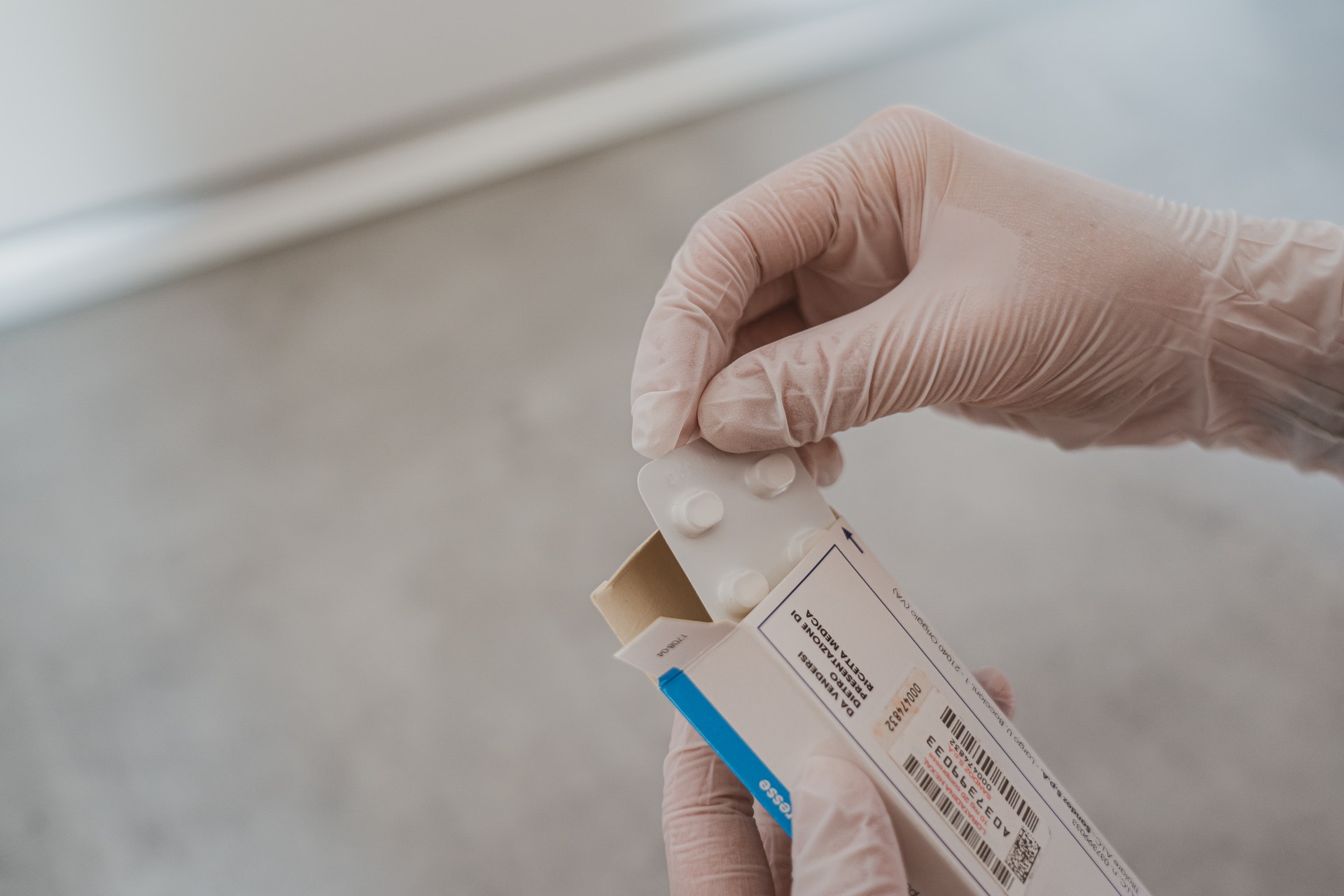Ensuring access to tackle the growing global threat of antimicrobial resistance
14 Dec 2021
While the Covid-19 pandemic has taken centre stage in the past two years, the rate of antimicrobial resistance (AMR), driven by inappropriate use of antibiotics, has been steadily growing and is at a critical point, especially in low- and middle-income countries (LMICs).
New data published in Lancet Global Health exposes a worrying five-year trend in South Africa – that reliance on last resort antibiotics is rapidly increasing as more bacteria develop resistance to the most common ‘access’ and ‘watch’ antibiotics – the first and second line of defence against bacterial infections.
This new research is published in a Viewpoint called ‘Global access to existing and future antimicrobials and diagnostics: antimicrobial subscription and pooled procurement (ASPP)’, co-authored by myself and Professor Sabiha Essack, South African Research Chair in Antibiotic Resistance and One Health and Professor in Pharmaceutical Sciences at the University of KwaZulu-Natal as well as Sujith Chandy, Oliver Cansdell, Krishnee Moodley and Balaji Veeraraghavan.
Our article both documents the growing challenge of antibiotic resistance and proposes a mechanism to address lack of access through the creation of a new subscription and pooled procurement mechanism that would consolidate growing demand for a portfolio of antimicrobials and diagnostics in LMICs.
Growing resistance in last resort antibiotics
Examining the five-year trend of drug-resistant infections and the procurement of ‘watch’ and ‘reserve’ (i.e. last resort) antibiotics in South Africa’s public health system, the study found statistically significant increases in non-susceptibility (i.e. resistance) to meropenem and tigecycline for Klebsiella pneumoniae, increasing by approximately 215% and 332% respectively, from 2015 to 2019.
In addition, statistically significant increases in procurement of ‘watch’ (carbapenems) and ‘reserve’ (linezolid) antibiotics further indicates increasing reliance on these drugs due to escalating non-susceptibility to narrower-spectrum ‘access’ antibiotics. Procured quantities of last resort ‘watch’ antibiotic meropenem increased from 55.09kg in 2015 to 411.91kg in 2020, an increase of 647.7% in only five years. It demonstrates that clinicians are increasingly reliant on reserve antibiotics as bacterial infections develop resistance to multiple antibiotics.
The South African data highlights the importance of access to new antibiotics to address the dwindling efficacy of existing broad-spectrum, watch and reserve antibiotics, particularly for Gram-negative bacteria priority pathogens.
One idea is to create an antimicrobial subscription and pooled procurement (ASPP) mechanism to ensure access to products.

An indicative trend
As Professor Sabiha Essack, University of KwaZulu-Natal, explains, “The corroboration of non-susceptibility data and antibiotic procurement data demonstrate the pace at which infections are developing resistance to our first and second lines of infection defence – ‘access’ and ‘watch’ antibiotics. The significant increase in the procurement and use of reserve antibiotics reveals that the drugs we have available are becoming less effective at treating infections.
“This is not a situation unique to South Africa, it is a global trend that requires new mechanisms to ensure uninterrupted access to efficacious antimicrobials and diagnostics to ensure their appropriate use and stewardship.”
Pooled procurement – a viable solution?
In the Lancet Viewpoint, we propose a new approach to boost access to existing and new antibiotics and diagnostics in LMICs. Our idea is to create an antimicrobial subscription and pooled procurement (ASPP) mechanism to ensure access to products to address growing resistance and treatment failure.
This could be implemented as a multinational or regional mechanism in which countries leverage their combined purchasing power for a portfolio of newer and future antimicrobials and diagnostics. Based on multi-year subscription contracts that are negotiated on behalf of these aggregated (ie, pooled) procurers, ASPP could reshape the LMIC market for essential antimicrobials and diagnostics.
In the article, we call for the idea of the ASPP to be developed by means of a rigorous feasibility study.
Read ‘Global access to existing and future antimicrobials and diagnostics: antimicrobial subscription and pooled procurement’ in Lancet Global Health.
